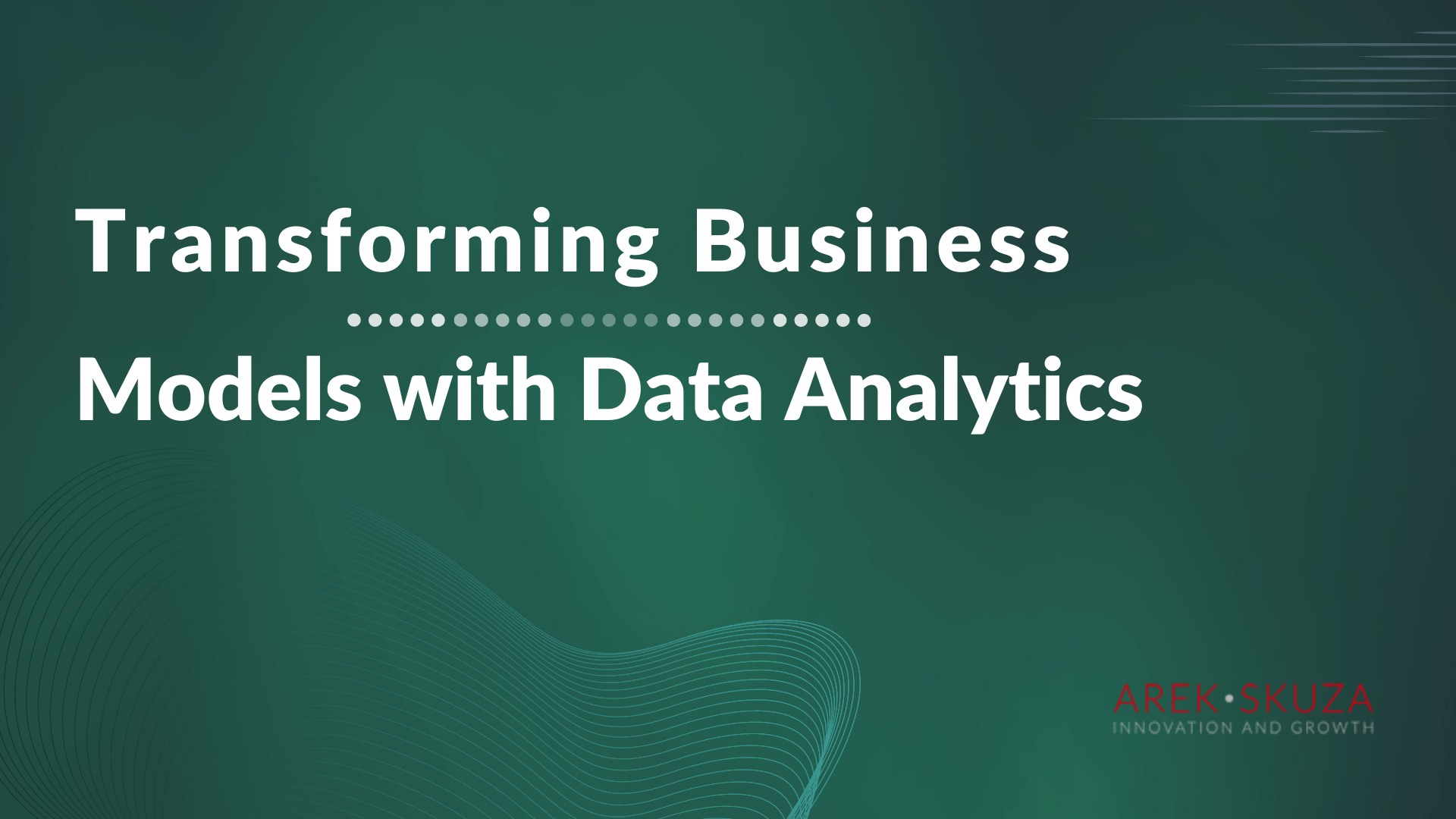Data analytics (DA) is an invaluable tool for businesses of all sizes, allowing them to make informed decisions based on intelligent insights and artificial intelligence (AI) into customer behavior. By leveraging DA, companies can create innovative business models that allow them to better understand their customers and optimize their products or services accordingly.
Data analytics can have a range of powerful implications for business models. For example, it can be used to help reduce customer churn and increase customer loyalty. It can also provide businesses with information on how customers interact with their products or services, as well as insights into market trends that can help shape future product design and marketing strategies.
An Intro to Data Analytics
Data analytics involves collecting and analyzing data to uncover trends and correlations. This data can come from a variety of sources, including customer surveys, website usage statistics, sales reports, purchase histories, and more. The data is then analyzed with the help of artificial intelligence (AI) algorithms to identify patterns that provide insight into customer behavior.
Identifying patterns in data can help businesses develop more effective customer engagement strategies, as well as identify new opportunities. For example, predictive analytics can be used to determine when customers are likely to make a purchase or which products they may be interested in. AI algorithms can also be used to detect fraud and ensure compliance with regulations.
Understanding Data Analytics
It is not a new concept. In fact, it has been around for centuries and was first used by merchants in the 1700s to track shipments and inventory. Over time, the technology evolved into more sophisticated systems that allowed businesses to collect, store, and analyze data on a much larger scale.
The emergence of artificial intelligence (AI) in the 1980s and 1990s enabled data analytics to become even more powerful. AI algorithms can be used to detect patterns in large datasets that would otherwise be difficult or impossible to identify manually. This has allowed businesses to take full advantage of their data and create innovative business models based on intelligent insights.
Data and Analytics in the Business World
Data analytics has had a profound impact on how businesses operate. It has allowed them to better understand their customers and optimize their products or services accordingly. For example, artificial intelligence (AI) can be used to analyze customer data to identify patterns that can be used to reduce churn and increase loyalty. DA can also provide insights into market trends that can help shape future product design and marketing strategies.
Data analytics can also be used to improve operational efficiency. By analyzing data from various sources, businesses can identify areas of waste or inefficiency, which can then be addressed with process improvements or changes in strategy. This analysis can lead to cost savings and improved customer experience.
Using Data Analytics to Transform Business Models
Data analytics has opened up a whole new world of possibilities for businesses. By leveraging artificial intelligence (AI) algorithms, companies can create innovative business models that allow them to better understand their customers and optimize their products or services accordingly.
Businesses can also use DA to develop predictive models that can help them anticipate customer behavior and make more informed decisions. Furthermore, it can be used to identify new opportunities and develop strategies that allow businesses to stay ahead of the competition.
Companies That Use Data Analytics to Support Their Business Models
Many of the world’s most successful companies have leveraged artificial intelligence (AI) and data analytics to transform their business models. Apple, for example, used AI-powered analytics to provide personalized recommendations to customers based on their past purchases. This allowed them to increase customer satisfaction and build loyalty.
Amazon also uses AI in a variety of ways, including predicting customer buying habits and identifying emerging trends in the market. This analysis has allowed them to create innovative business models and remain competitive in an ever-changing market. As seen in the graph below, Amazon’s revenue increased exponentially throughout the early 2000s due to its increased reliance on data analytics.
Uber is another example of a company that has transformed its business model with data analytics. By using artificial intelligence (AI) algorithms, Uber was able to analyze rider data to create more efficient routes and predict rider location. This allowed Uber to reduce wait times, increase customer satisfaction, and boost its revenue.
Additionally, Apple also used AI-powered analytics to identify potential sales opportunities and better understand customer needs. Apple was able to make more informed decisions about product design, development, and pricing based on the data they collected from their customers. Similar to Amazon, the graph below shows how Apple’s revenue increased throughout the early 2000s. Even today, Apple continues to use data analytics to adapt to the changing market and consumer preferences.
Conclusion
Data analytics has transformed the way businesses operate. By leveraging artificial intelligence (AI) algorithms, companies can create innovative business models that allow them to better understand their customers and optimize their products or services accordingly. This analysis can help businesses identify new opportunities, make more informed decisions, reduce customer churn and increase loyalty. Companies like Apple, Amazon, and Uber have all seen success by leveraging data analytics to transform their business models. As artificial intelligence continues to evolve, more businesses will have the opportunity to use it to stay ahead of the competition and create innovative business models that meet customer demands.
Key Takeaways:
– Data analytics can be used to create innovative business models that allow companies to better understand their customers and optimize their products or services accordingly.
– Companies like Apple, Amazon, and Uber have all seen success by leveraging artificial intelligence (AI) algorithms to improve customer experience and reduce churn.
– Data analytics can help businesses identify new opportunities, make more informed decisions, and stay ahead of the competition. As artificial intelligence continues to evolve, more businesses will have the opportunity to use DA to their advantage.
References

